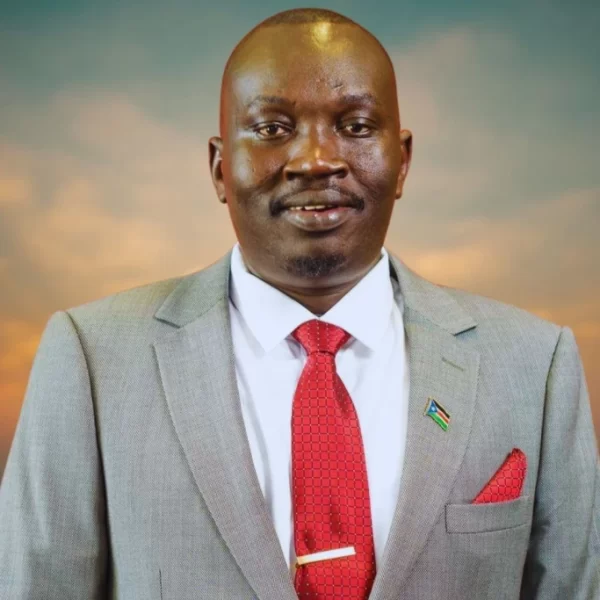
There is a quiet emergency unfolding in South Sudan. It is not making headlines. It does not involve arrests, raids, or official bans. It is harder to see, but more damaging in the long run. The crisis is this: journalism in South Sudan is being strangled by poverty.
Since the 2013 conflict, the media landscape has not only shrunk in political space. It has collapsed in economic support. Most South Sudanese journalists are not silenced by fear. They are silenced by hunger.
This is not a metaphor. It is the daily reality facing young, capable, patriotic reporters who can no longer afford to tell the truth. A journalist who cannot pay for transport to a press briefing is unlikely to challenge the speaker. A newsroom that survives on personal favours cannot afford to offend its sponsors. A documentary filmmaker who sleeps hungry will not risk upsetting the politician who offers a contract. This is how poverty shapes silence.
What we are witnessing is not censorship by decree. It is control through desperation. The country’s media professionals, especially freelancers and independent producers, are constantly navigating a hostile economy. With no guaranteed income, no institutional protections, and little public support, they are forced to make impossible choices. Compromise or disappear.
Meanwhile, the rise of social media content has created a misleading impression that journalism is booming. There is plenty of video, praise coverage, cultural streams, and quick interviews online. But most of it is curated by untrained influencers, not journalists. Their value lies not in their reporting, but in their ability to entertain or promote. Political elites have seized on this trend, using it to bypass critical media entirely. Why grant an interview to a seasoned journalist when you can pay someone to go live on Facebook and call you the people’s leader?
This system rewards obedience, not truth. The journalist who questions power is cast aside. The one who echoes it is elevated. In some cases, media appointments and government roles are quietly determined not by merit, but by past behaviour. If you played along, you might be called in. If you insisted on your independence, you will likely be forgotten.
Even the act of granting an interview is now framed as a favour to the journalist, not a public obligation. And if a reporter produces a powerful documentary on a national issue, there is no guarantee it will be acknowledged. The country is starving its storytellers. In doing so, it is starving itself of truth.
This is not a crisis of skills. It is a crisis of dignity. South Sudanese journalists know how to report. Many are experienced, talented, and principled. What they lack is a system that values their work. What they need is not applause, but protection.
If South Sudan is serious about democracy, justice, and responsible governance, then journalism cannot be treated as volunteer work. It must be paid. It must be protected. It must be respected. Otherwise, the future will not be narrated by those who investigate it, but by those who can afford to buy the story.
Journalism in South Sudan will not die by censorship. It will die by hunger. And in that silence, the nation will lose its most powerful mirror.
About the Author:
Ajak Deng Chiengkou is a South Sudanese journalist known for telling impactful stories, celebrating culture, and sparking discussion on global issues.
Note: The opinions expressed in this article are solely those of the author. The Radio Community is not responsible for any claims made.

